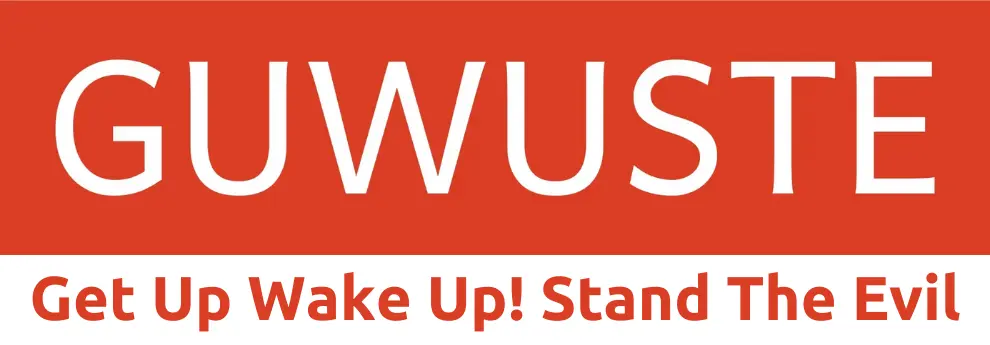Cashless Slavery Tool: CBDC
27 Apr 2024
- Share:

Cashless Slavery Tool: CBDC
The World Economic Forum lost public trust and abruptly disappeared during the pandemic because it had ulterior motives, such as a plan to become a global medical authority...
While the future role and impact of the World Economic Forum is uncertain, the forum continues to work diligently on important issues such as the Cashless Society Project, Digital Identities and Central Bank Digital Currencies (CBDC). The goal of these innovations is to transform financial systems into a cashless society and provide the global financial elite with the ability to manage the economy with a unified world digital currency in a single world digital state, which is extremely important to them.
CBDCs are considered the biggest threat to human freedom since vaccine passports. According to the World Economic Forum, 98% of central banks have adopted CBDC programs. CBDCs, supported by the World Economic Forum and the Bank for International Settlements (BIS), aim to transform assets into a digital format using distributed ledger technology (DLT), eliminating physical safeguards and cash.
In this article, we will discuss how CBDCs make financial transactions fully traceable, enabling governments and banks to easily stop them, which could spell the end of economic anonymity and freedom of trade, and the potential harm to humanity.
CBDCs could have major impacts on economic freedom, privacy and trade. These digital currencies could make it possible for transactions to be tracked and blocked by totalitarian governments or banks. This could lead to granular management of individuals' spending habits based on their social score, limiting them to specific vendors, services or products. Under totalitarian regimes, such practices could impose restrictions ranging from mandatory consumption of artificial meat or insect-based foods, or even the amount of paper towels to be used in public toilets.
The proliferation of CBDCs could lead to a decline in the use of cash and the standardization of digital payments, with the argument that physical money is insecure. Moreover, CBDCs risk transforming the global financial system into a fully centralized and controlled world digital money system.

The World Economic Forum and the Bank for International Settlements present the concept of a "unified ledger" that combines CBDCs, digital tokens and tokenized assets into a single digital system managed by a central authority. This system promises significant advantages, such as increasing transaction speed and strengthening security. Using distributed ledger technology, the WEF plans to create $4-5 trillion worth of tokenized securities by 2030, thus building a fully digital securities system.
Tokenization is a process defined by the World Economic Forum as the conversion of assets into digital tokens and could lead to the end of economic anonymity and freedom of trade. All transactions with CBDCs would become traceable, allowing totalitarian governments and banks to easily restrict individual spending based on factors such as politics, social credit and history. The World Economic Forum and the Bank for International Settlements (BIS) support the idea of a centralized global digital currency system managed by banks controlled by the global financial elite, such as the BIS and the IMF.
Conclusion;
Implementing CBDCs would not only make it easier for global powers to monitor people, but would also make it easier for totalitarian governments andby increasing the ability of banks controlled by global financial elites to monitor financial transactions, it could limit the privacy, security and freedom of individuals. This could lead to restrictions on freedom of trade and individual spending based on factors such as political opinion, religion, ancestry, social status, social rating, background, etc.
The disappearance of physical money and the increasing use of digital money could reduce the anonymity of financial transactions and the advantages of cash. This could lead to the control of financial access by global financial elites and the forced use of payment instruments of their own creation, even for the simplest purchases. Moreover, these developments could put the sovereignty of countries at risk.
The purpose of this article is not to create a perception that the global financial elites and their collaborators are invincible, but rather to emphasize the fact that they cannot achieve their goals without the consent of the people.
Sadi ÖZGÜL
Guwuste.com
Stand up and warn, and stop the evil





